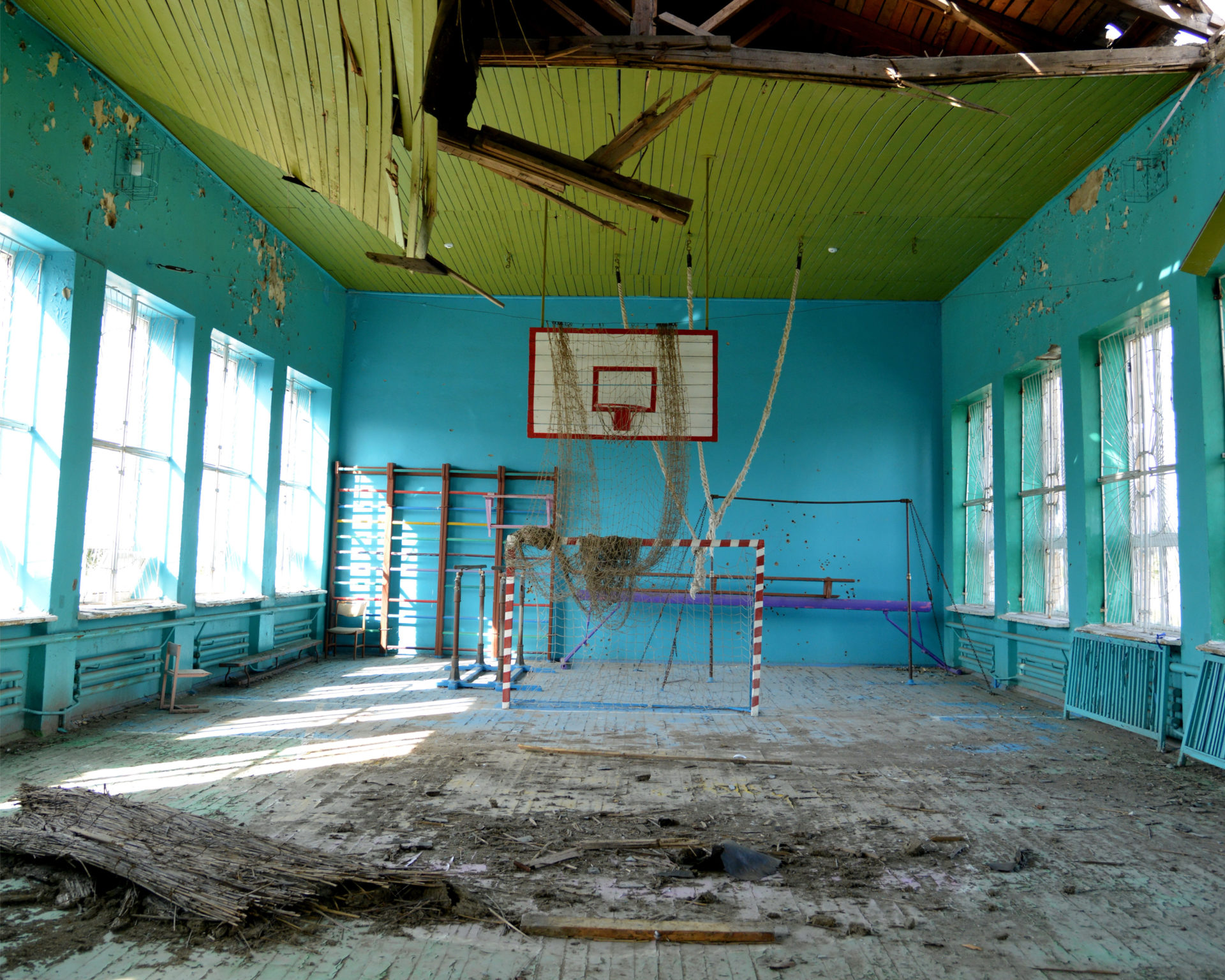Events
Education Under Fire in Ukraine
In this exhibition, Educational Human Rights House Chernihiv (EHRHC) turns its lens on schools in Ukraine that the Russian Federation has destroyed. See the exhibition live in Oslo from 4-10 March 2024 at VegaScene as part of the 2024 HUMAN International Documentary Film Festival.


These haunting photographs expose the brutal impact of Russian aggression on Ukraine’s education system, revealing a truth that demands global attention and solidarity.
The exhibition is free to enter.
The team at EHRHC has, so far, conducted four monitoring missions in the Kherson and Sumy regions, documenting human rights violations, alleged war crimes, and the aftermath of attacks on educational institutions. They have investigated attacks on over 40 educational institutions in these regions, interviewed 76 witnesses, and collected photo and video documentation.
Many of the educational facilities documented have been irreparably damaged. Some were repurposed by Russian forces as sites of torture and military deployment.
“Destroying and looting educational institutions, and subjecting them to mistreatment is a classic tactic of the Russian armed forces. They don’t just dream of seizing our territory; they want to destroy our education and culture and impose their own on us. However, in this, they will never succeed.” – Serhiy Burov, Director, Educational Human Rights House Chernihiv.
In the Kherson region, there are around 160 damaged educational institutions. The exact figure is not available due to daily shelling, and the difficulty of obtaining information from some communities, particularly about the condition of educational institutions in temporarily occupied territories. At least thirty educational institutions have been completely destroyed.
In the Sumy region, over 140 educational institutions have been damaged. At least seven educational institutions have been completely destroyed.
This exhibition was created by Educational Human Rights House Chernihiv and is supported by Human Rights House Foundation and Mental Health and Human Rights Info.”
The “Education Under Fire in Ukraine” exhibition was made possible thanks to the financial support of the European Union within the framework of the Emergency Support Ukraine (ESU) project / Resilience Programme. ESU is run by Human Rights House Foundation as part of a consortium led by ERIM and partnering with East Europe Foundation, Human Rights House Tbilisi, Barys Zvoszkau Belarusian Human Rights House and the Black Sea Trust, and funded by the European Union.






